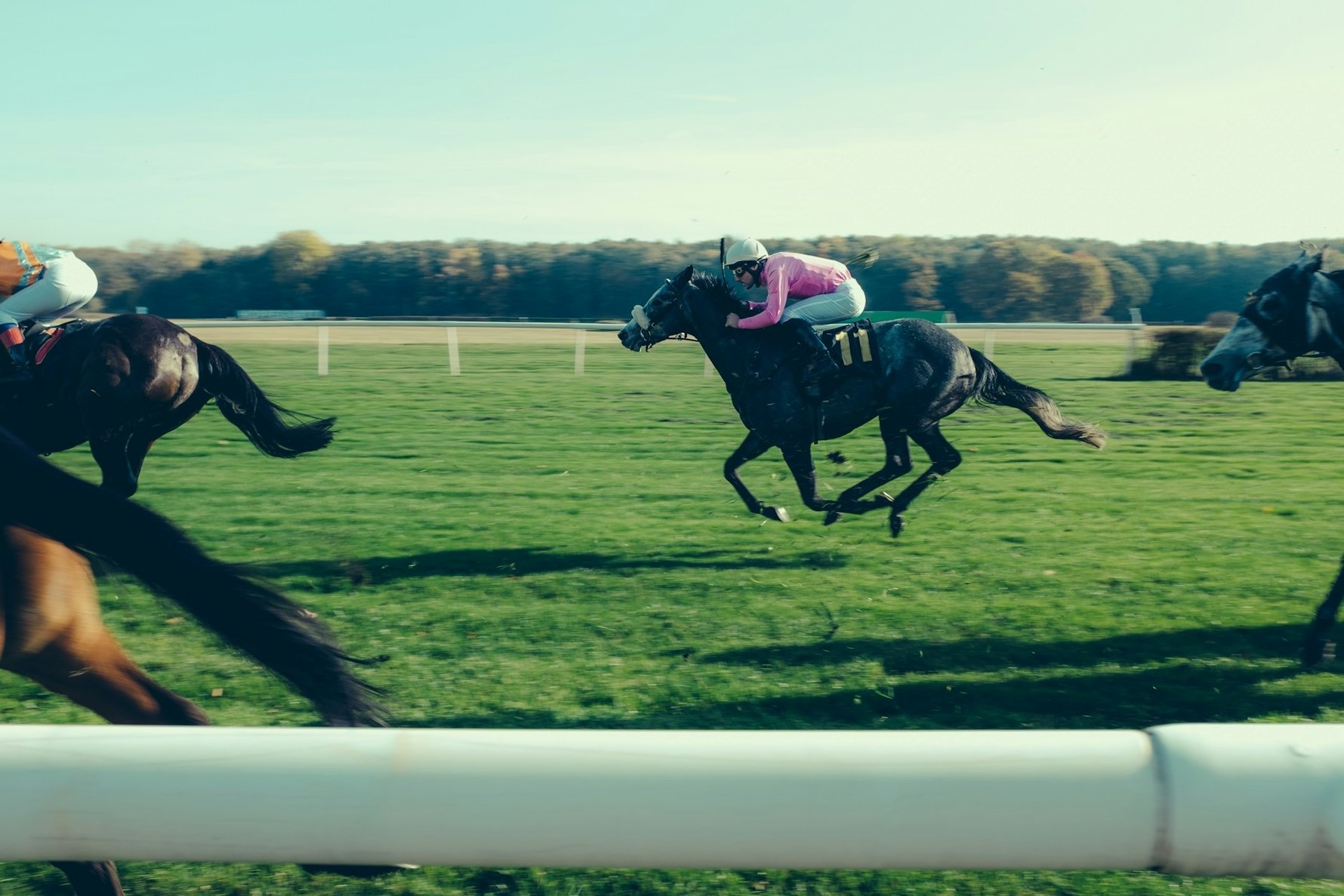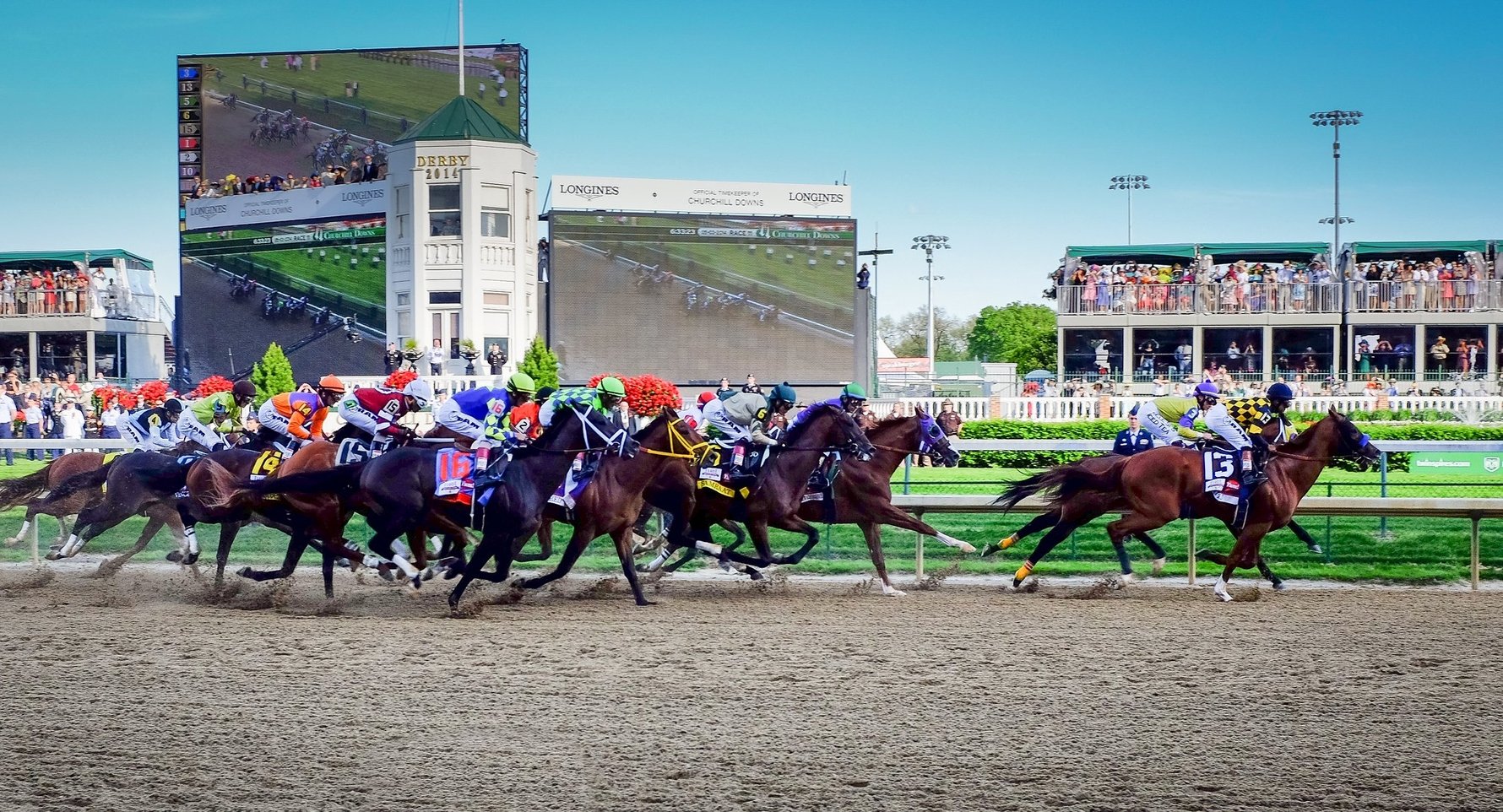
It doesn’t take a genius to understand. Online betting has made the sport a billion-dollar betting industry, but equine-driven races have always been a playground for the rich and famous. The British call it the “Sport of Kings,” and that isn’t coincidental. Even as far back as Ancient Rome, horse racing was a major industry, and its privileged place in society transcends the wagers and whims of mere mortals. The race between the horses of Odin and Hrungnir is a classical piece of Norse mythology, a race to the death between two beasts that ultimately leads to the death of Hrungnir. Not before a drunken outrage in Ásgard, of course, and you can draw lines to the drunken quarrels in racecourses around the world if you so desire. Horse racing has been an integral part of competitive society for millennia. Don’t make the error of thinking that online horse racing changed the game. It didn’t; it just made it accessible 24/7 for those looking to put pennies against ponies.
If archaeological records are to be believed, horse racing was popular in many famous civilizations, from Ancient Greece to Ancient Rome via Arabia, Egypt, Syria, and many more. It isn’t a stretch to assume that if there were horses and men, there was horse racing. Competitiveness is a trait that transcends geography, and it is no great shock that “my horse is faster than your horse” was a claim reverberating around halls from Babylon to Beijing. Without laboring on the point, the simplicity of the sport is beautiful. Horses, jockeys, a distance. Sometimes, you don’t even need the jockeys. Fast forward to the present day, and those claims are still heard, amplified by millions of people using online horse racing as a bridge to the life of their dreams. All hopes rest on the speed of one horse, the performance of the jockey, and their reaction to the conditions.
Horse racing transcends entertainment, sport, and culture, and it is no great shock that online horse racing has expanded to the degree it has. It has been argued that horse racing made the modern online sports betting market possible, and it isn’t a particularly wild claim. Betting on horse racing has always been an integral part of the sport, be it formal with bookmakers or informal between friends. It was the first sport to embrace gambling, with 17th century Great Britain generally accepted as the starting point for the more formal side of betting on horse racing. It was getting a bit unruly, you see, and King James I needed to do something about it. By formalizing having a flutter on the horses, the king was able to keep things under control and generate tax revenue at the same time. Making a move before the horse had bolted, if you’ll allow the brief respite of low-hanging fruit.

Today, betting on horse racing is a billion-dollar industry that stretches to every corner of the globe. From a purely sporting point of view, only soccer comes close in terms of reach, but even the beautiful game falls short in a few places. Taking an entertainment-centric view, horse racing is in a league of its own. Sure, Elvis and The Beatles were popular, but not even Taylor Swift can match the geographical reach of horse racing. Horse racing transcends sports, and it transcends entertainment.
Not bad for a race that has barely changed since its inception. Horses, jockeys, a distance.
In many ways, the global reach of horse racing transcends the sport itself. Take Hong Kong, for example. The special administrative region in China’s south may only have two racecourses on its territory, but Hong Kong generates the most significant revenue from horse racing on the planet. The Hong Kong Jockey Club, one of the largest taxpayers in the region, declared a turnover of $38.9 billion for the 2022/23 financial year. When this sort of money is at stake, horse racing isn’t just a race to see which horse is the fastest or which jockey is the most adept. Horse racing is an investment, an integral piece of armor for the rich and famous, and a gateway to high society. It isn’t just a sport, and it isn’t just entertainment. It is both and so much more.
From Japan to France, Australia to Italy, Singapore to England, and South Korea to the US, horse racing is more than the simple event of a number of horses going from A to B. From an online horse racing perspective, it is one of the only sports available 24/7 to those willing to put their money where their mind is. Unlike almost every other sport, horse racing provides an almost instantaneous return, with flat races lasting anywhere from 30 seconds to 2 minutes. You don’t even need to know anything to have a flutter, especially when the big races come around. Whether it is the Grand National in the United Kingdom or the famous Kentucky Derby in the United States, all it takes is a whimsical name and colorful silk to convince your brother, sister, mother, or father that they are onto a winner. The magic lies in its simplicity, of course.


Comments